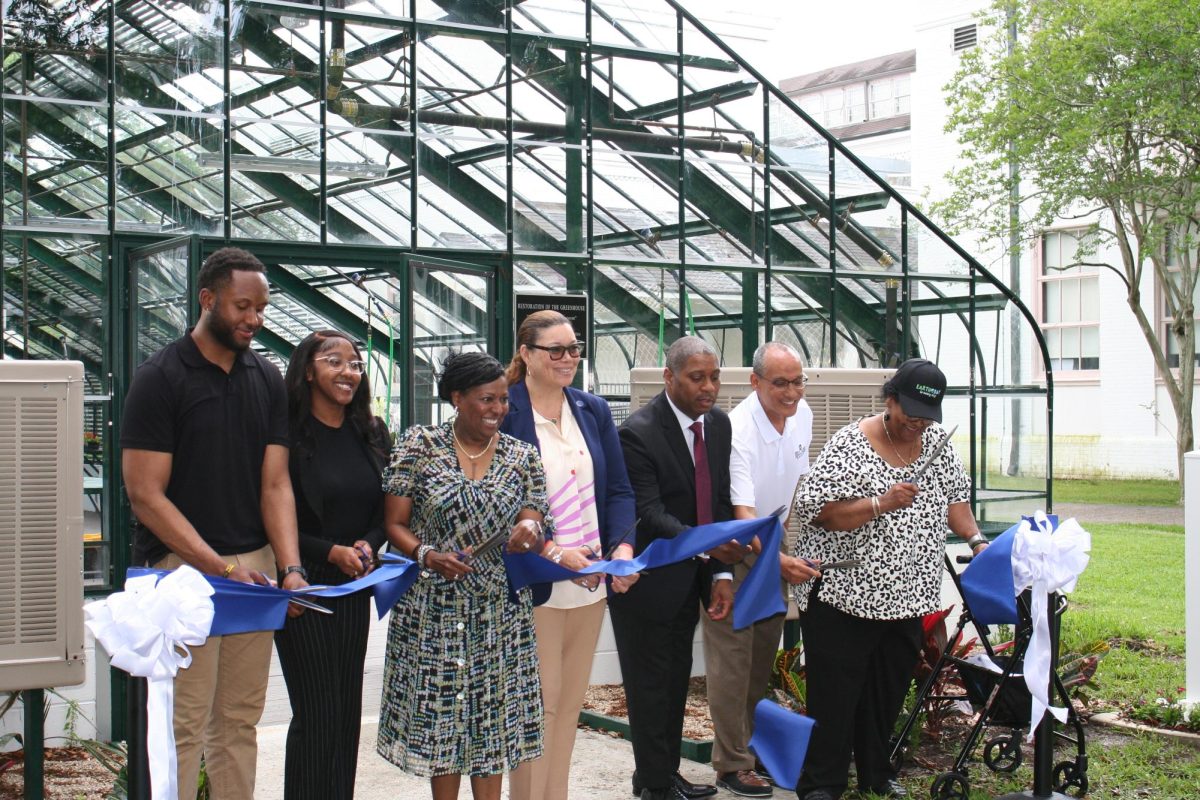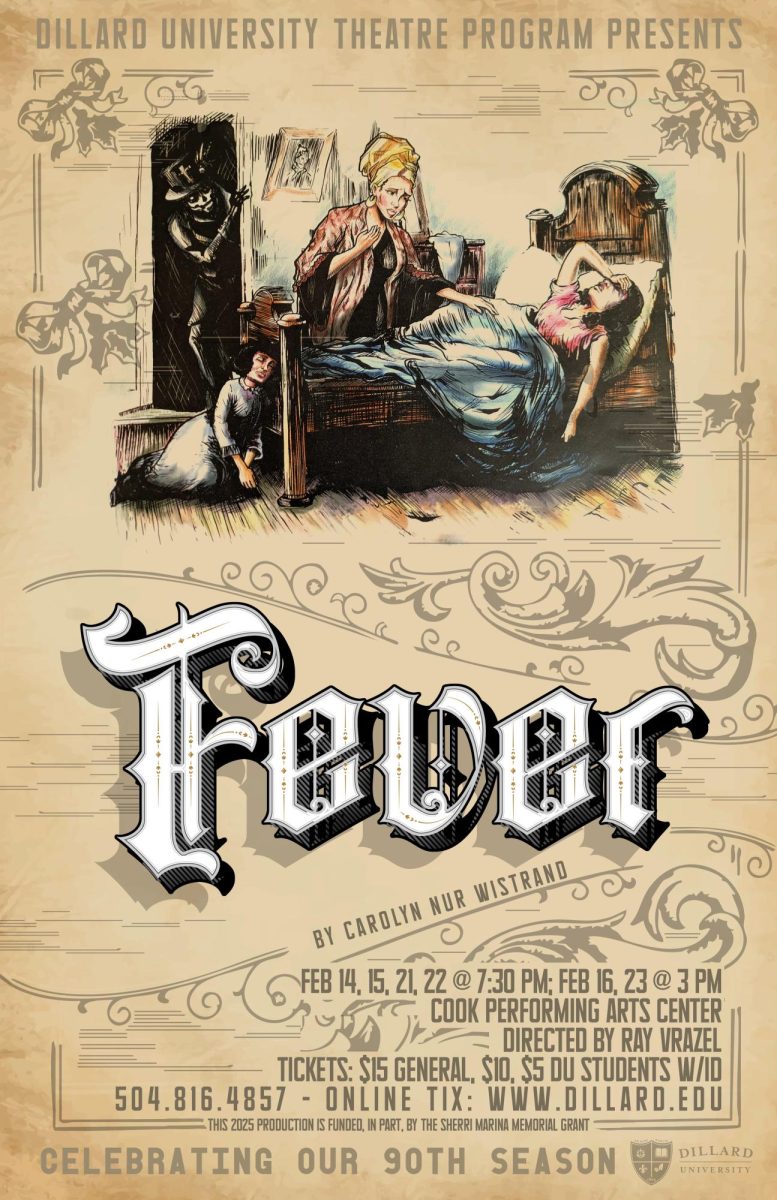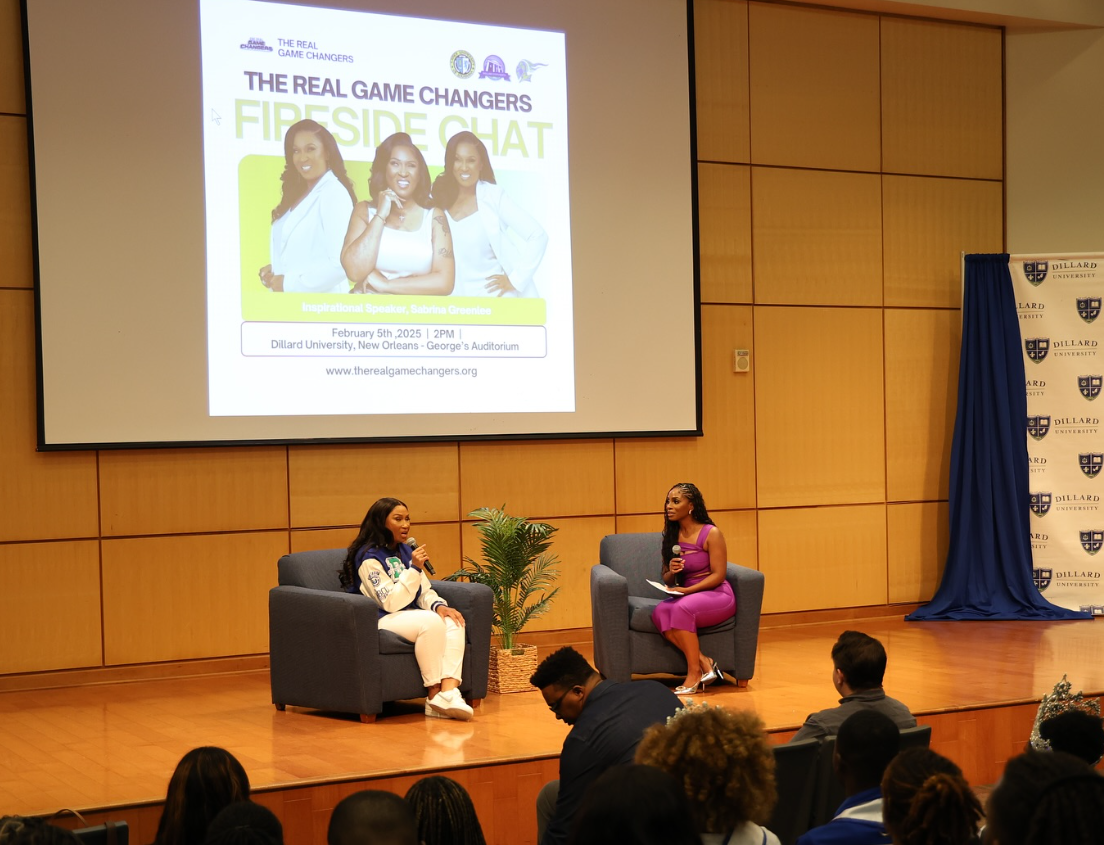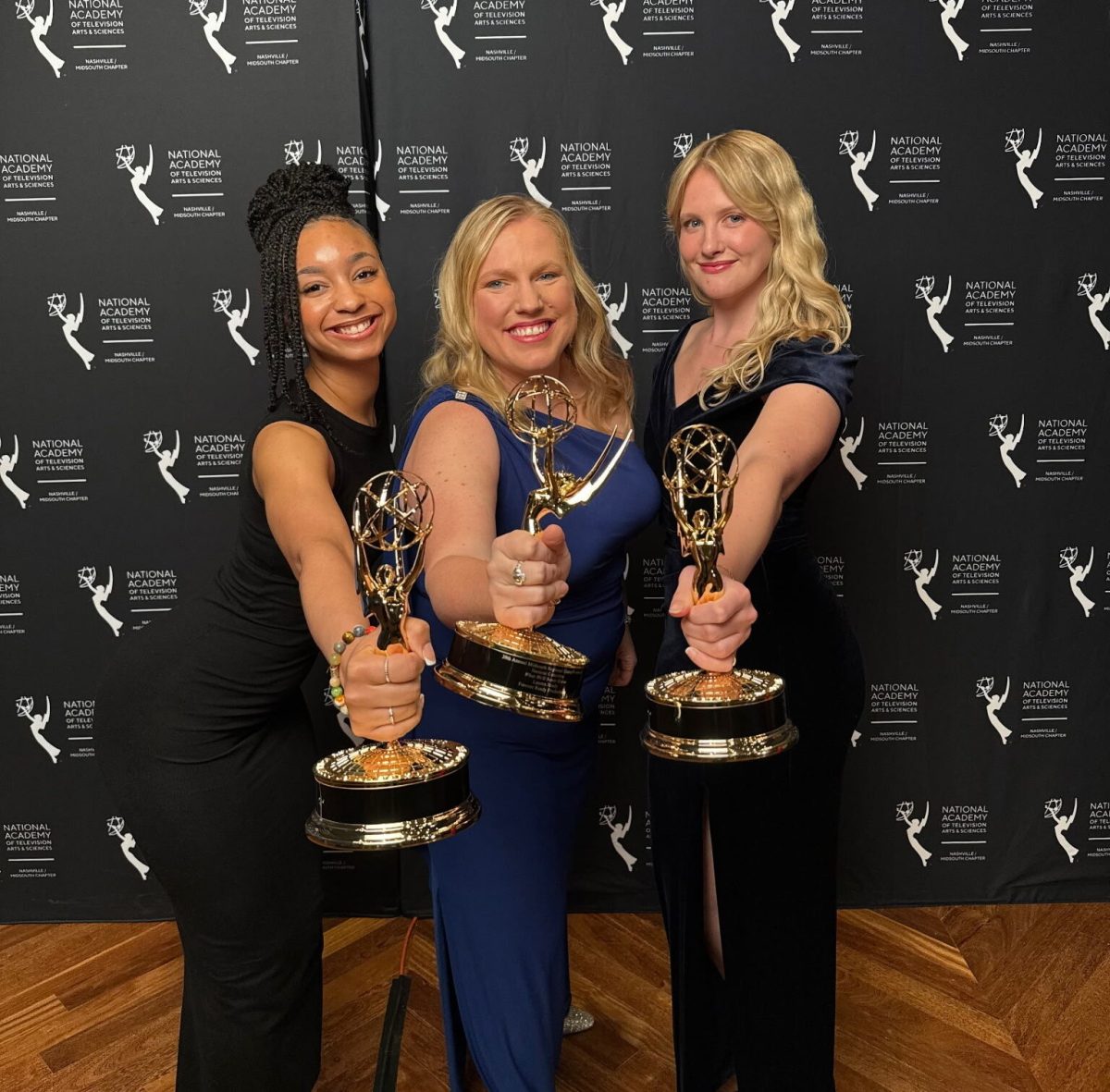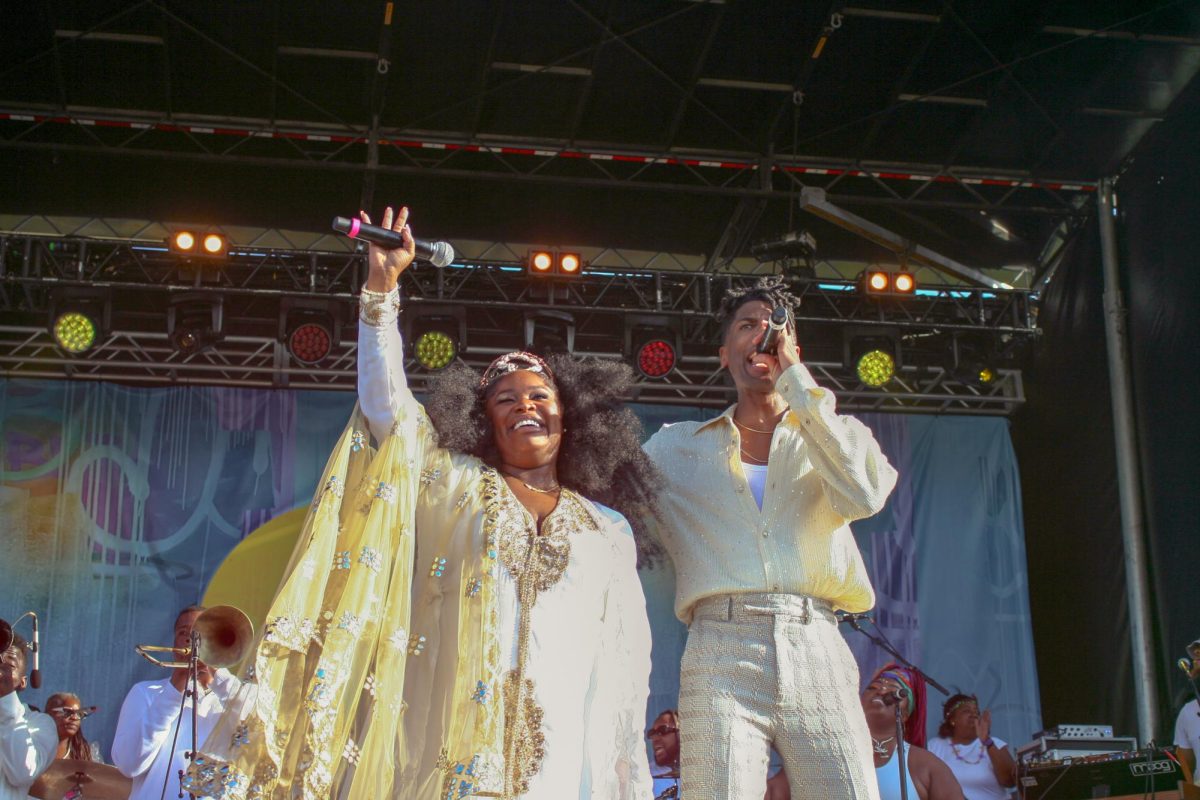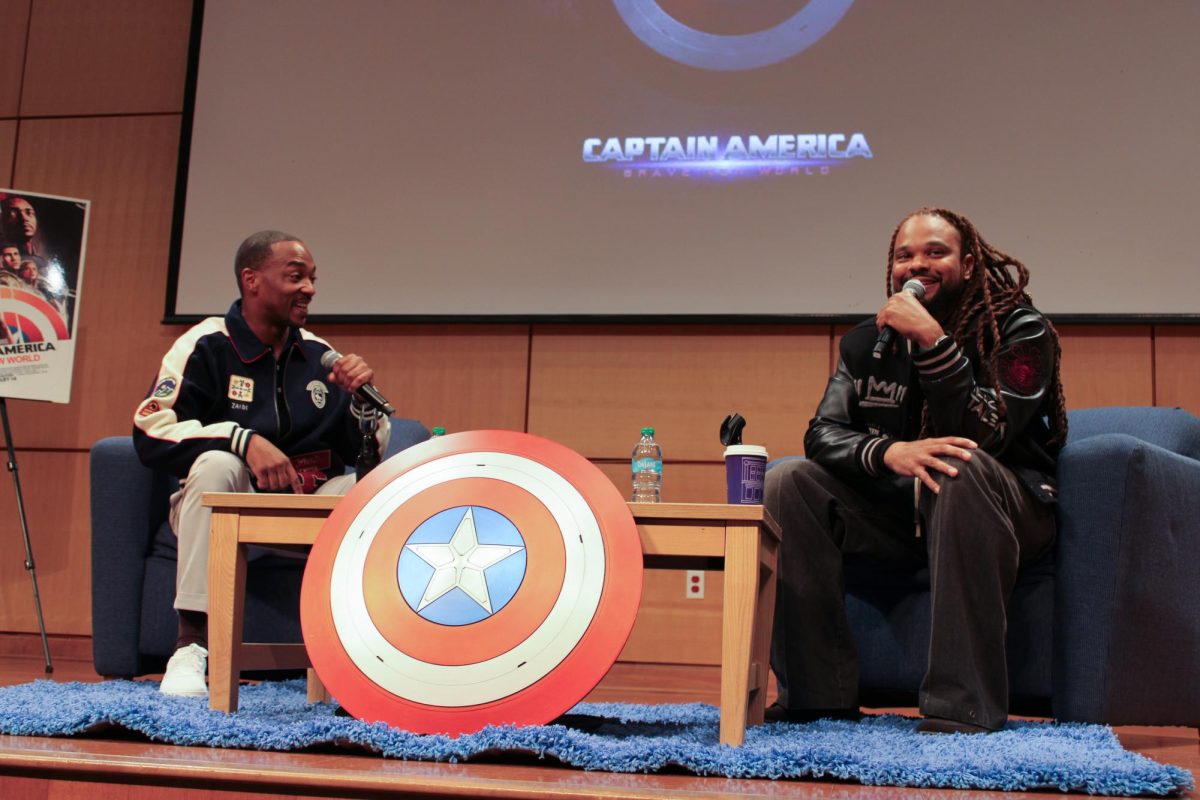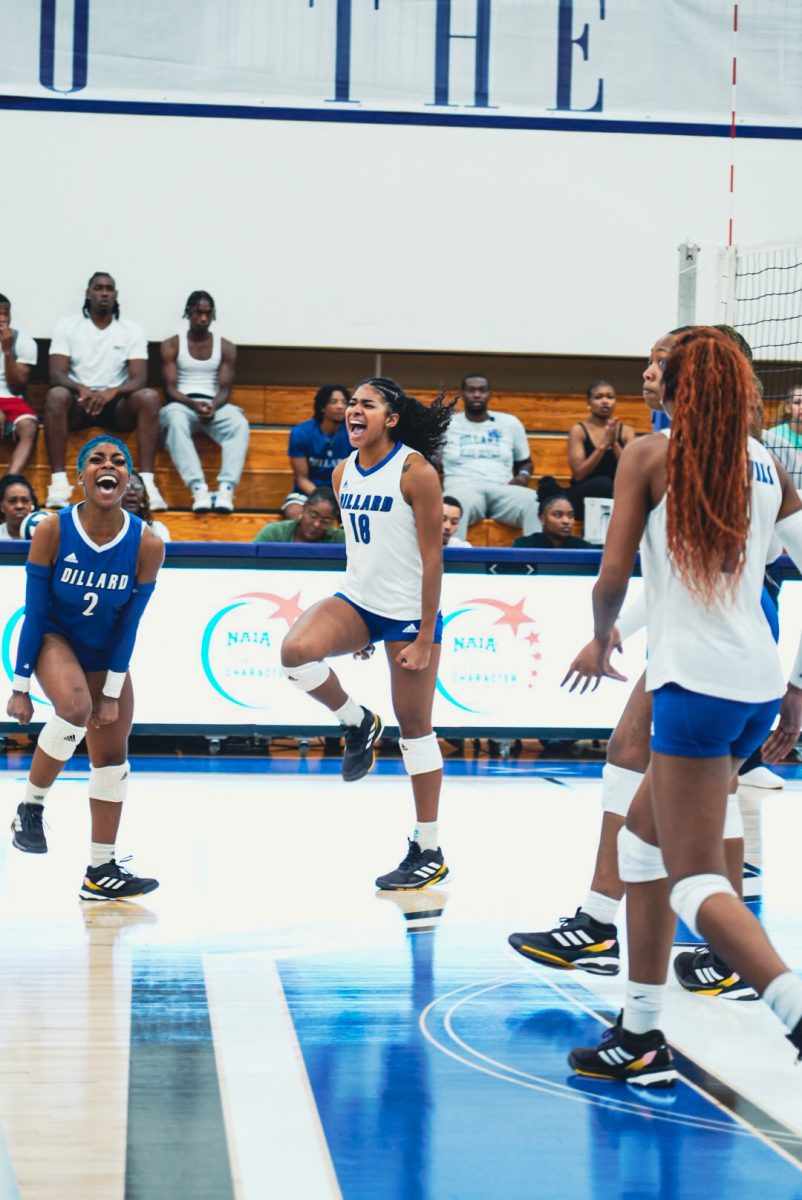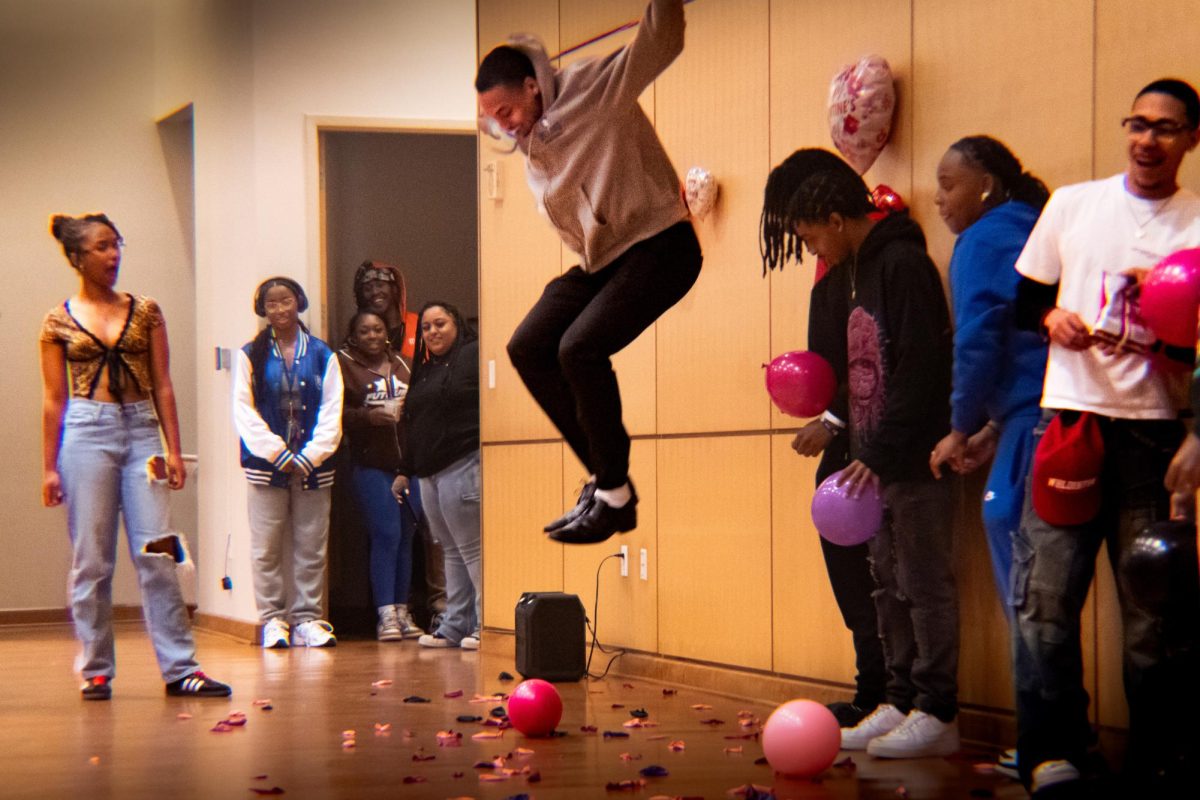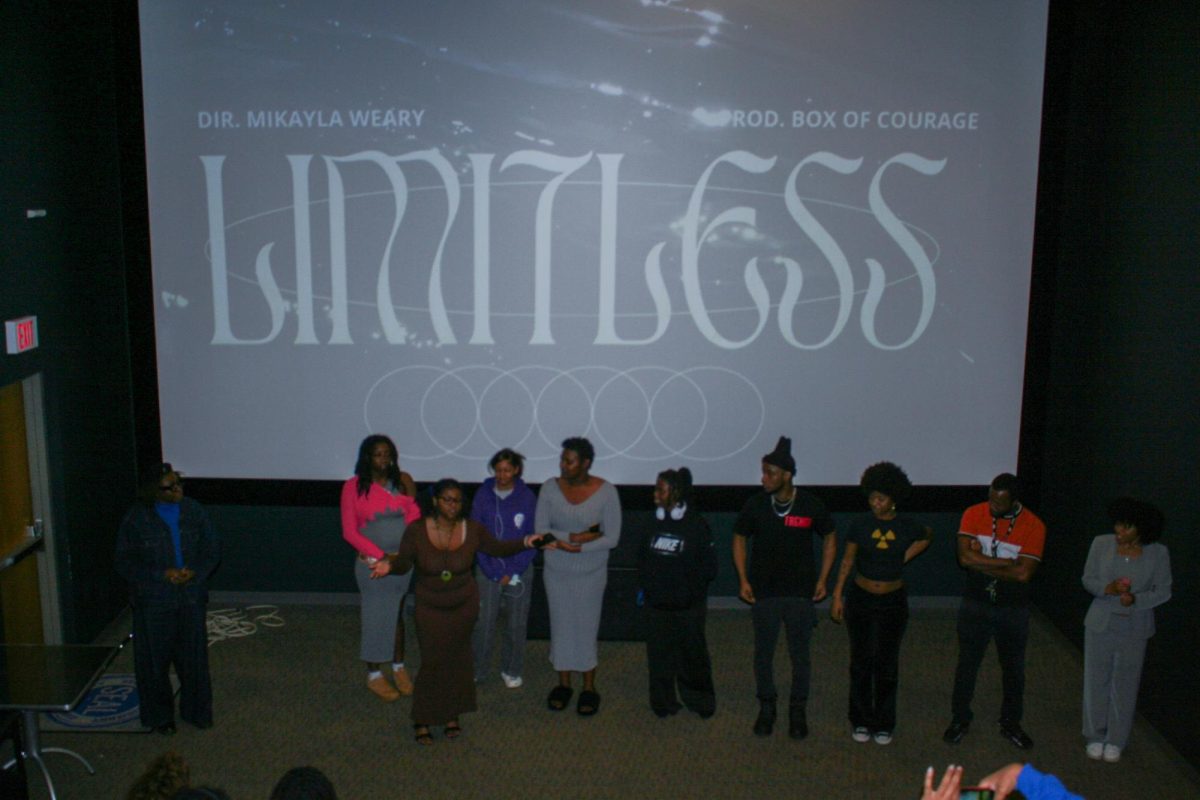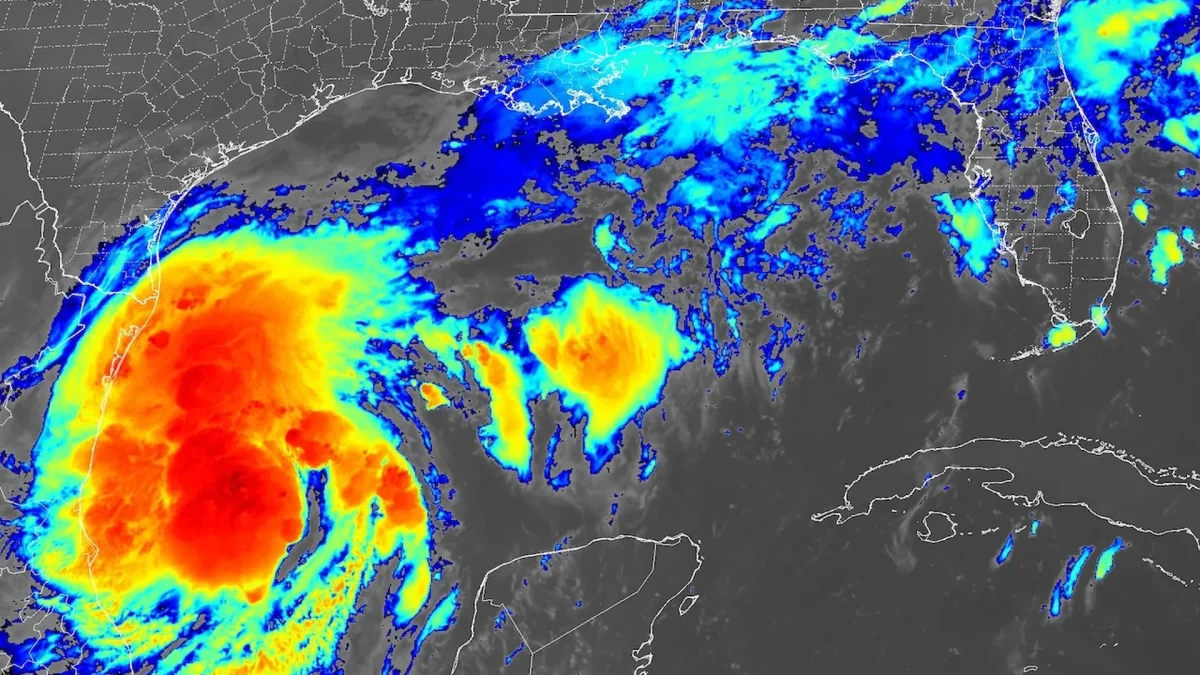The recent election has brought attention to the influence of African-American churches on African-American voters. President George W. Bush received 11 percent of the African-American vote this year, which was up two points from the last presidential election. This is baffling considering the fact that his office was in control when African-American unemployment rates increased. But Bush targeted African-American religious conservatives with his faith-based initiatives and opposition to gay marriage.
Many local church leaders addressed the importance of voting to their congregation during the recent election period. Some focused on the struggle of past groups to receive voting rights, while others focused on the importance of making an educated vote.
"Before the election [the church] had bible studies about commitment, servitude, and teamwork. I stressed the importance to [the congregation] to do their civic duty and vote their conscious," said Joe Connelly, a pastor at Williams Methodist Church. "I don’t believe the pulpit is a place to preach personal views. There are other places for that."
Many church leaders share the same views as Connelly and did not express their voting preferences to their congregations. They chose, instead, to educate them on the Word and let them make the decision.
"I was very pleased with the way Father handled the election period. He told us to pay attention to all the issues," said Marie Scott, a six-year member of St. Ramon Catholic Church. "You can’t vote with blinders on, Catholics are pro-life but that’s not the only issue on the ballot."
Issues like abortion, stem-cell research and gay marriage rights were hot topics among religious voters. Republicans sought support from churches on these issues, and African-American churches were a major part of that group. Many church leaders publicly condemn supporters of issues such as gay unions.
Bush went beyond those issues. He sought legislation to help give religious groups the right to obtain federal funding as long as their services are available to anyone, but without requiring the churches to make any fundamental changes.
The legislation failed, but lawmakers are trying to create tax incentives for charitable giving. Bush also used his executive order powers to remove hindrances that kept religious groups from receiving federal grants.
Dillard student Kevin Pinkston, a psychology major from Sacramento, Calif., voted for Bush. He voted for the candidate he thought would best stick to the morals they had outlined in their campaign. Pinkston is not very fond of Bush or John Kerry, but believes Bush has better morals.
"My church just told us to vote. They educated us on the candidates positions, but didn’t tell us who to vote for. I voted for someone who I believed would most likely do things the moral way."
Some religious voters relied on other methods to make their choice.
"My pastor did not tell me who to vote for. He just told us to pray about it. I hope I voted for the right person," said Ernest Roussell, an eight-year member of Morning Star Missionary Baptist Church. "But I know the Lord will always make a way."
Other religious voters feel the same way as Pinkston and Roussell, but believe that even though church leaders did not say exactly who to vote for, the choice was clear.
"The sermons only touched on the [election] a little bit, but it wasn’t about who to vote for. The point was no matter what goes down make a decision based upon God’s views, desires and will," said Marcus Matthews, a junior mass communications major and a member of Perfect Love World Revival Ministries.
So why is it so bad for churches to endorse their political views?
Churches who decide to do political campaigning can be charged taxes like other political groups under the rules of the IRS. The IRS can also file charges against churches causing them to lose their non-profit status.
Noel Prentiss, a vestryman at the Episcopal Church of Annunciation, understands this concept very well.
"In our church the preacher did not talk about the election. The law says churches can’t talk about politics. This has become a major issue in Black churches, which politicians are targeting," Prentiss said.
He has been a member of the church for 18-years and is a "cradle Episcopalian." And even though some churches ignore the laws, his church never takes an official stand on political candidates.
Church politics are against the law; however worshippers feel there are more important reasons for not having politics in the church. The churches that did tell their congregations to vote for Bush rubbed some citizens the wrong way.
"It’s a contradiction for a church to endorse Bush. Christian values are based on non-violence and the war in Iraq doesn’t reflect that," said a Dillard student senior theater major from Kansas City, Mo. and the son of a preacher.
"African-American people need to educate themselves on all the issues before voting for any candidate."

